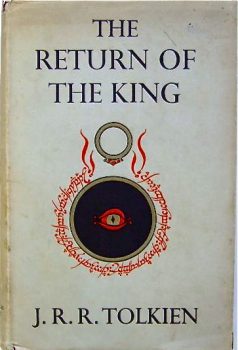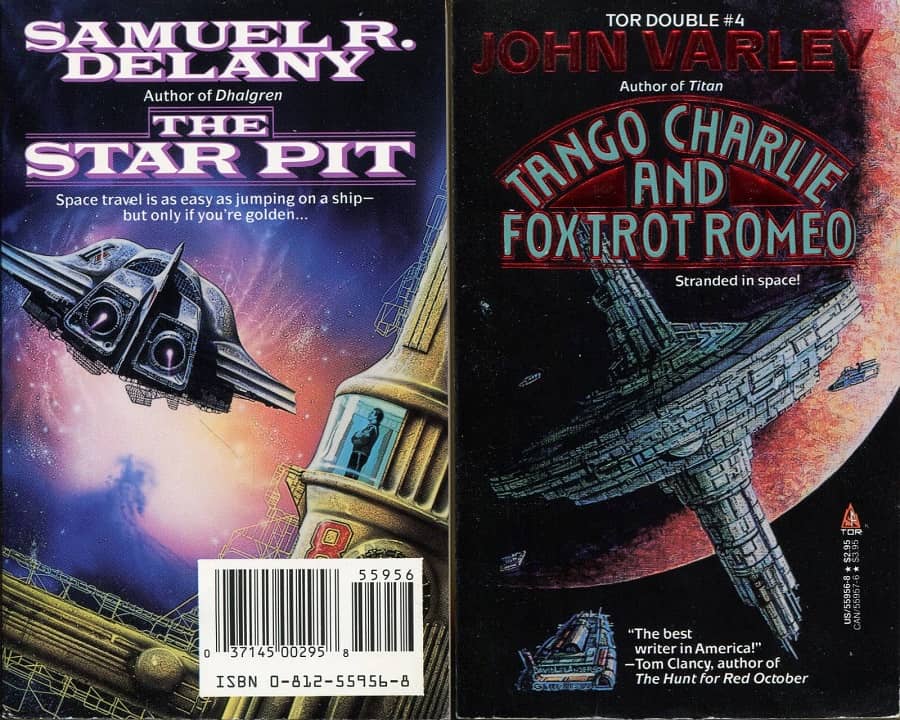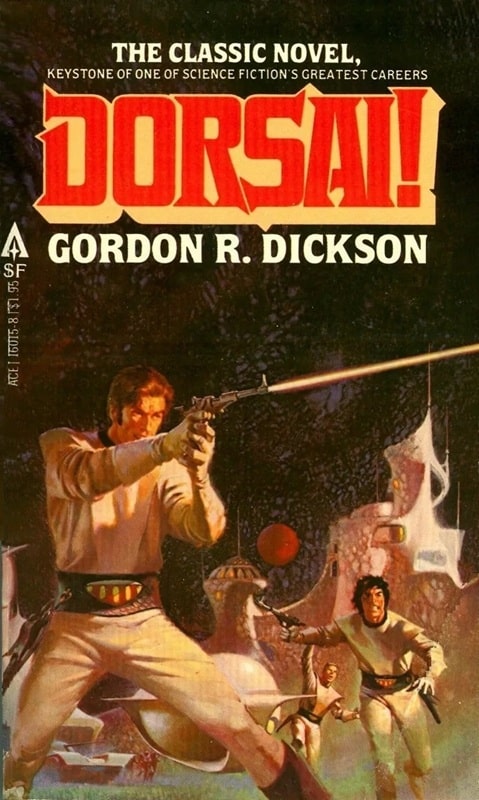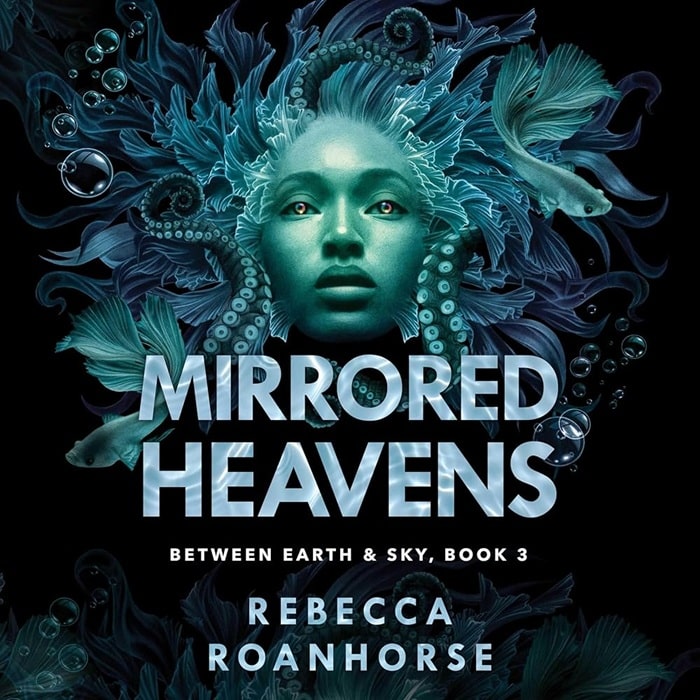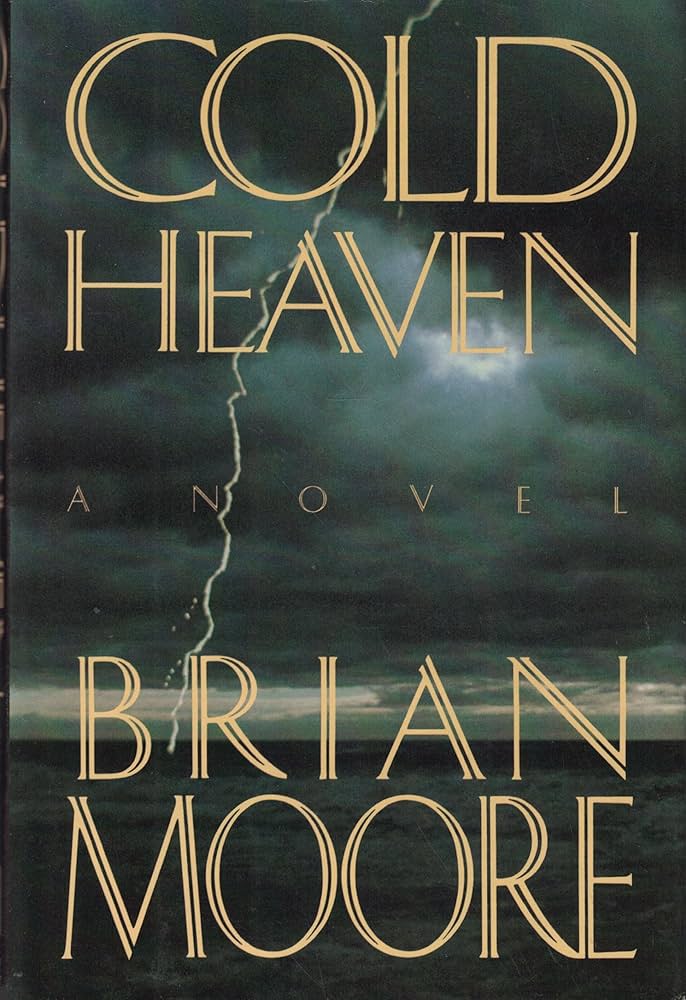Tor Doubles #5: Poul Anderson’s No Truce with Kings and Fritz Leiber’s Ship of Shadows

Cover for Ship of Shadows by Robin Wood
Both Poul Anderson’s No Truce for Kings and Fritz Leiber’s Ship of Shadows originally appeared in issues of The Magazine of Fantasy and Science Fiction, Not only did their initial publication occur in the same periodical, but both of those original issues sported covers painted by Ed Emshwiller.
No Truce for Kings was originally published in F&SF in June, 1963. It won the Hugo Award and received a Prometheus Hall of Fame Award in 2010. No Truce for Kings In is the first of three Anderson stories to be published in the Tor Doubles series.
Colonel James Mackenzie is the commander of Fort Nakamura in a post-apocalyptic California who receives a message that Judge Brodsky has been deposed and replaced by Judge Fallon. This message is the indication to Mackenzie that a civil war has broken out. Although Mackenzie and his troops are loyal to the old regime, the letter makes it clear that Mackenzie’s son-in-law, Thomas Danielis, is aligned with the rebels, as well as serving as a hostage for the troops who are coming to relieve Mackenzie of his command.
